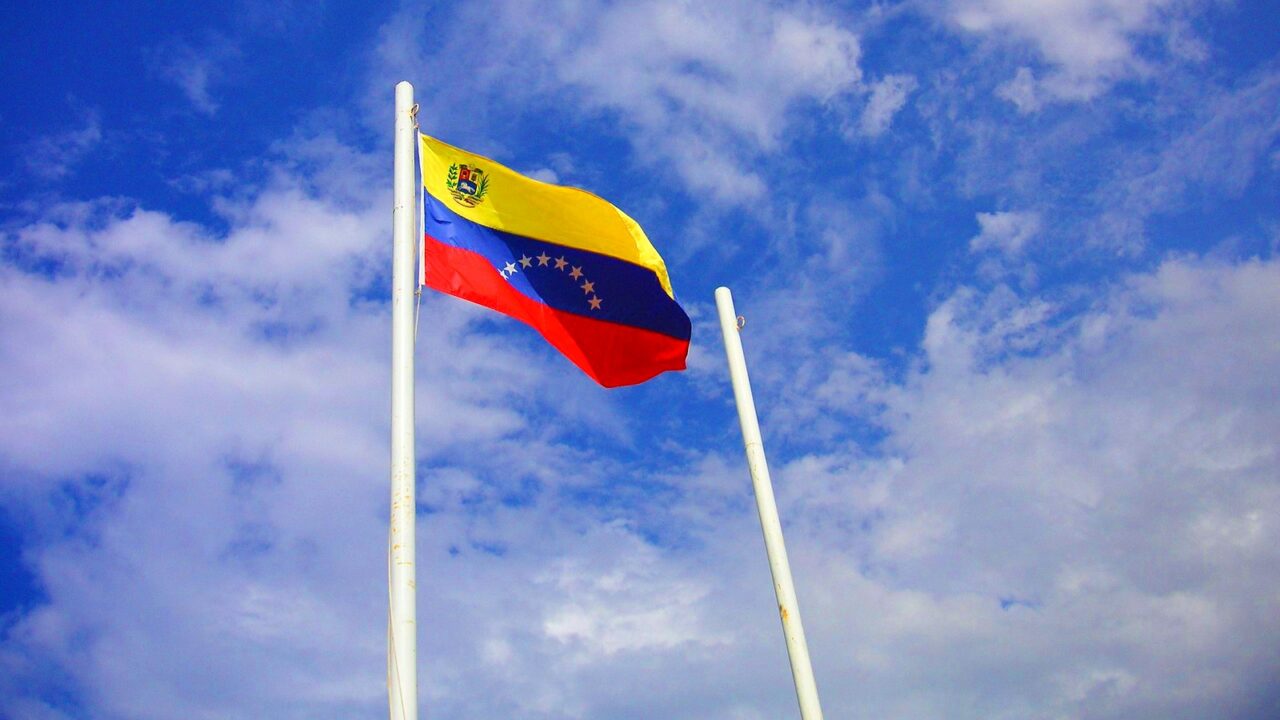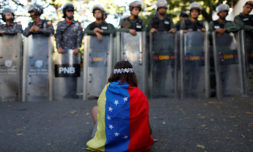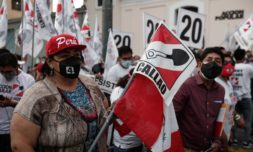Following the disputed result of the country’s presidential election – which saw Maduro secure another term in power – fresh protests have broken out in the capital.
Home to the largest oil reserves in the world and once the richest nation in South America, recent decades have seen Venezuela ‘collapse under the weight of its own corruption and the hollow promise of a socialist utopia’ (Richard Emblin, The City Paper Bogotá).
Since 2015, the country has been facing a humanitarian crisis unlike anything ever witnessed in the continent’s history, due to uncontrollable inflation and the scarcity of goods.
Striving to escape the pervasive violence and economic turmoil of their failed state, almost 7.8 million Venezuelans have been forced to leave behind their homes and families.
Yet Nicolás Maduro – who’s served as president for over ten years – has continually denied this reality, refusing to acknowledge the suffering of his citizens to make everything appear under control.
With this in mind, it’s unsurprising that so many were demanding his exit from power in the consequential and contentious elections that took place on Sunday.
In the run-up to the results, thousands of protesters were on the streets calling for an end to Maduro’s authoritarian regime.
Their cries went unheard, however, after he secured another term despite doubts over the veracity of his claim to have beaten the opposition candidate Edmundo González Urrutia and his campaigning partner, María Corina Machado.
Machado told reporters on Monday that a review of available voting records from the election showed that Gonzalez had achieved a ‘categorical and mathematically irreversible’ victory. ‘What we are fighting here is a fraud by the regime,’ she added.
‘We are absolutely sure the election was stolen,’ a current protestor told the BBC.
‘I worked in an electoral booth. The government is not recognising it, they stopped all the tallies of the vote halfway through the night. They don’t want the world to know that they lost.’




















